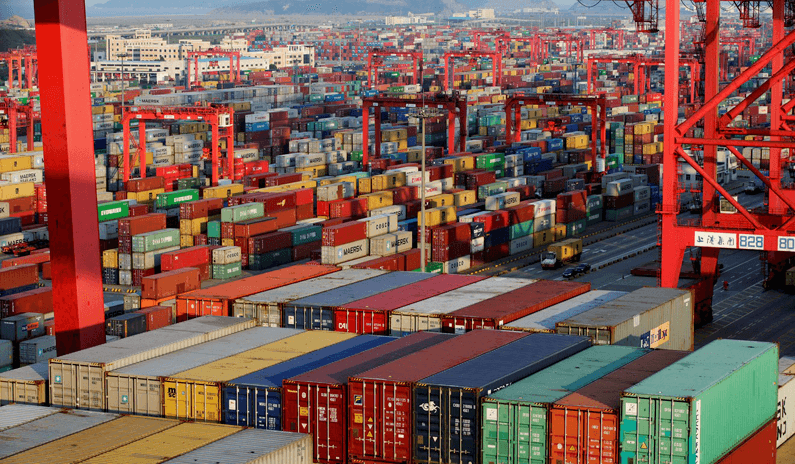In recent years, China has emerged as one of the largest manufacturing hubs in the world, producing a vast array of goods, ranging from consumer electronics to household appliances. However, there has always been a sense of scepticism and doubt among buyers about the safety and authenticity of products manufactured in China.
This article will address the question and offer reviews of China sourcing companies of whether it is safe to buy from China.
One of the primary concerns buyers have when buying products from China is the issue of product safety. There have been numerous reports of sub-standard or unsafe products being manufactured in China, which has caused widespread concern among consumers.
However, it is important to note that these cases are relatively rare, and most products manufactured in China meet the same safety standards as those produced in other parts of the world.
To ensure the safety of the products they manufacture, Chinese manufacturers are subject to strict quality control standards. The Chinese government has implemented a series of regulations that require manufacturers to comply with certain safety standards before they are allowed to sell their products in the country.
Additionally, many Chinese manufacturers choose to obtain internationally recognized certifications, such as ISO or CE, to demonstrate their commitment to product safety and quality.
Another concern buyers have when purchasing products from China is the risk of counterfeit goods. China has long been known as a hotbed for counterfeit products, and many buyers are wary of purchasing goods from the country for fear of receiving a fake or inferior product.
However, it is important to note that the risk of receiving a counterfeit product is not limited to China. Counterfeit products can be found in any country, and buyers should exercise caution when purchasing products from any source.
To minimize the risk of receiving counterfeit goods when buying from China, buyers should do their due diligence and thoroughly research the products and sellers they are considering. They should also look for reputable suppliers with a track record of providing high-quality products and reliable service.
Another concern buyers have when purchasing products from China is the issue of language barriers. Many Chinese suppliers may not speak English fluently, which can make communication difficult and potentially lead to misunderstandings.
However, many Chinese suppliers have recognized the importance of effective communication with their customers and have taken steps to improve their English proficiency.
In addition, many Chinese suppliers use online platforms such as Alibaba and AliExpress to sell their products, which have built-in translation tools that can help bridge the language gap.
Buyers should also consider using a third-party translation service or working with a local agent who can assist with communication and ensure that all details are clear and understood.
Finally, buyers should be aware of the potential for customs and shipping delays when purchasing products from China. Shipping times can vary depending on the supplier and the shipping method chosen, and delays can occur due to a variety of factors, including customs clearance procedures and unforeseen events such as natural disasters or pandemics.
To minimize the risk of shipping delays and other logistical issues, buyers should work closely with their suppliers to ensure that all necessary documentation is in order and that shipping methods are chosen based on their needs and requirements.
Buyers should also be aware of any import regulations or tariffs that may apply to their products and take steps to ensure that they are compliant with all relevant laws and regulations.
By following these guidelines and reviews of China sourcing companies and also taking appropriate precautions, buyers can feel confident in their decision to purchase products from China.


